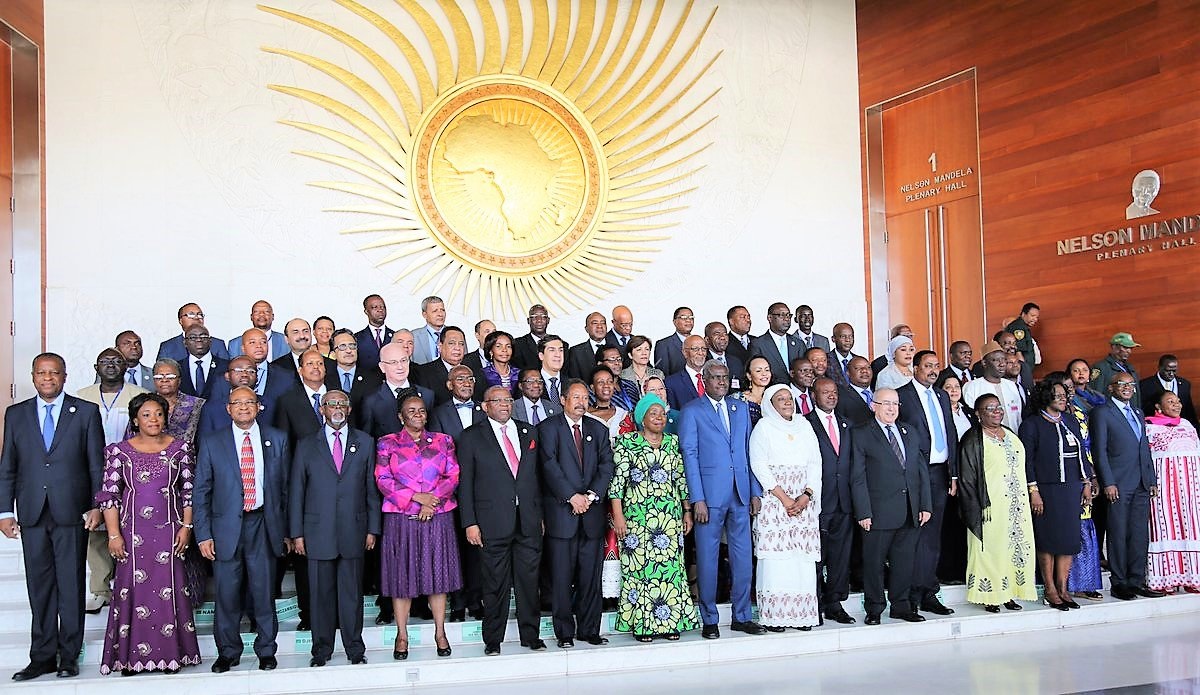President Muhammadu Buhari has directed that $150 million be withdrawn from the National Sovereign Investment Authority (NSIA).
Zainab Ahmed, the minister of finance, budget and national planning, disclosed the approval while addressing journalists in Abuja on Monday.
Ahmed said the withdrawal would be made from the NSIA stabilisation fund to augment disbursements by the federation accounts allocation committee to the three tiers of government for June 2020.
“Monthly federation accounts disbursements to the federal governments and the state government are ideally projected to have been N888 billion. Due to the significant drop in crude oil prices, FAAC monthly disbursements have declined in recent months to 716 billion in January, N647 billion in February and further down to N581 billion in March 2020,” she said.
Advertisement
“Our experience shows that monthly average FAAC receipts should be at N650 billion to allow the federal and state government to meet their current obligations in a healthy manner.
“Unfortunately, we project that monthly receipts may decline to as low as N400 billion over the next three to six months. To address this emerging fiscal risks, the president has approved that the sum of $150 million be withdrawn from the Nigerian Sovereign Investment Authority stabilisation fund to support the June 2020 FAAC disbursements.
“The fund was created for such emergencies and is to be utilised for this purpose.”
Advertisement
Ahmed said the federal government is exploring other options to augment FAAC disbursements over the course of the year.
The three tiers of government usually rely on FAAC disbursements and internally generated revenue to meet obligations like salary payments.
The NSIA stabilisation fund accounts for 20% of the assets held by the authority.
A description of the fund on the NSIA website says the fund will provide “stabilisation support to the federation revenue in times of economic stress”.
Advertisement
Add a comment







